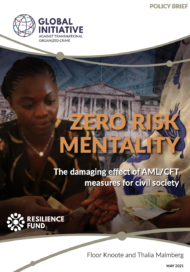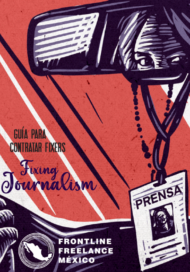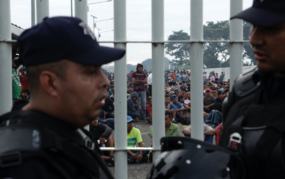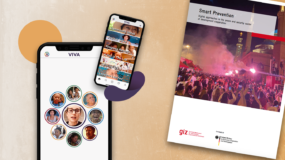Posted on 18 May 2021
Despite the threats, intimidation and violence perpetrated by organized criminal groups, there are courageous groups of people all over the world who put themselves at great risk to support and protect their communities in the face of criminal governance.
However, for many of these organizations, as well as other non-profit organizations (NPOs) worldwide, it has become increasingly challenging to access funds as they have faced operational and legal restrictions as a consequence of the tightening rules around countering terrorism financing (CFT) and anti-money laundering (AML) measures.
This challenge has grown after some governments increasingly see the money flows received and sent by NPOs as a potential source for the financing of terrorism. Recommendation 8 of the Financial Action Task Force – the recognized global standard setter seeking to combat money laundering and terrorism financing – has played a major role in creating this perception. This paper explores the key challenges faced in this regard by The Global Initiative Against Transnational Organized Crime’s Resilience Fund recipients.
Key points:
- Reasons why banks adopt stronger AML/CFT procedures include government regulation, international rules, general profit concerns and fear of reputational damage. Compliance requirements stemming from these multiple policies lead to de-risking decisions at the bank level.
- The organizational profile of those working on resilience building as a response to organized crime has much in common with the profile of smaller grassroots organizations in general. Smaller organizations tend to particularly encounter more financial access problems, due to their short-term project funding, lack of flexibility in dealing with financing delays or with unexpected challenges.
- An important consequence of financial access issues is the impact they have on the operation of grassroots and civil society organizations themselves. One significant change is the further downstreaming of risks to local grantees or partners by donors. Among other issues, organizations face onerous additional information requests and limitations or restrictions on making overseas payments.
- Around the world, it is women that lead resilience initiatives to organized crime in their communities. Challenges in accessing funds due to AML/CFT measures are clearly gendered, as women-led organizations face additional obstacles.




